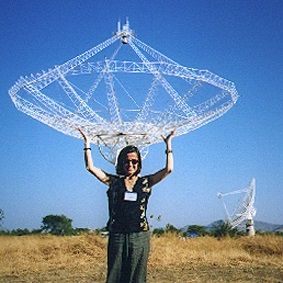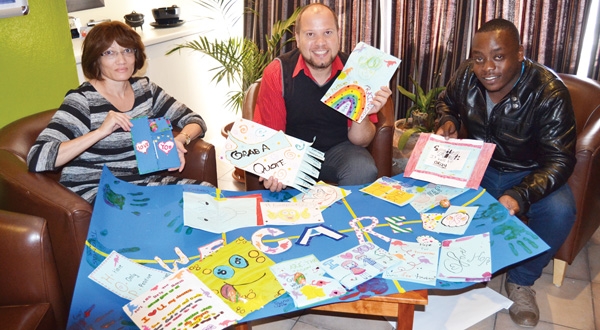
Shining the light on radio astronomy – Namibia Scientific Society to host public talk

The Namibia Scientific Society will be host a public talk, ‘The Treasure of Radio Astronomy and Very Long Baseline Interferometry for Education, Innovation and International Partnership’, on 6 September at 19:30 led by Dr Tiziana Venturi.
Dr Venturi said that astronomy is one of the science areas which most captures the attention of the general public and citizens everywhere in the world, therefore it is thus one of the most efficient tools to promote scientific education.
She emphasised that while optical astronomy has been part of the human heritage since the dawn of mankind, radio astronomy is a very recent development and it is only about 60 years old, and because of this it bears several disadvantaged compared to optical astronomy, which need to be addressed to make it competitive.
“Moreover, it is extremely challenging under several aspects, from engineering to image reconstruction and analysis, data transfer and computational requirements, but this complex framework has fed and fostered intellectual cooperation at scientific and engineering level, therefore radio astronomy has become a genuine example of worldwide collaboration,” she added.
Dr Venturi is the Director of Istituto di Radioastronomia (Italian National Institute for Astrophysics) and is a scientist in extragalactic radio astronomy. Under her directorship the Istituto di Radioastronomia has played an active role in the first image of the black hole shadow.
She is at present Vice-Chair of the Board of Directors of the European Very Long Baseline Interferometry (VLBI) Network and has been responsible for several bilateral programmes of intentional scientific and technological cooperation between Italy and other countries.
At present she leads the bilateral project RADIO SKY 2020 between Italy and South Africa, to ensure the best scientific, technological and industrial exploitation of the massive investment of bother countries in radio astronomy.











































